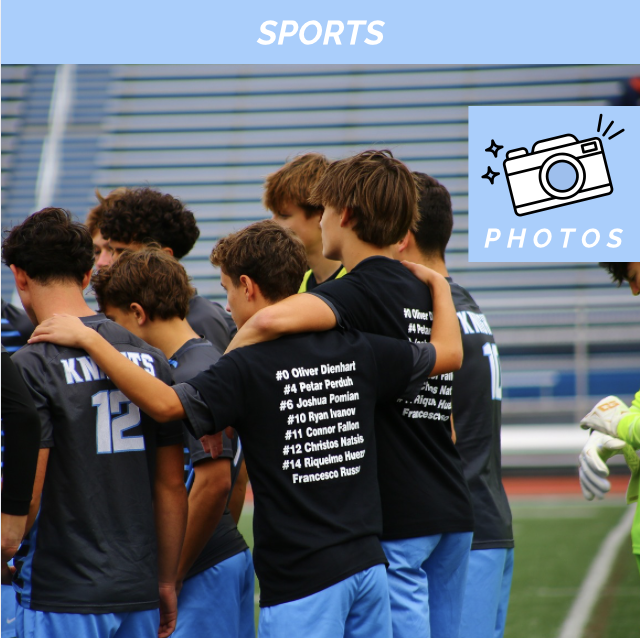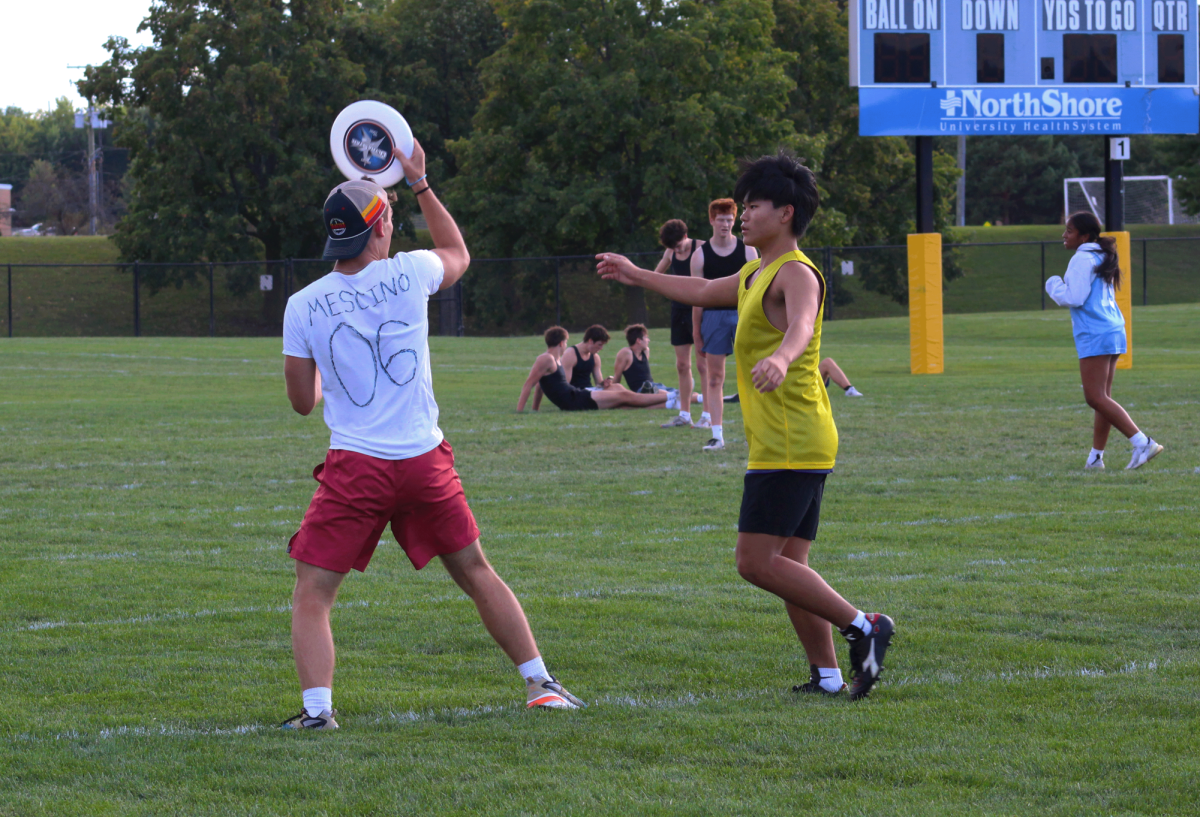By Grace Baldino, Online Editor
Go! Live Your Way, the latest addition to Netflix’s library of cheesy teen rom-coms, is not quite what you may think it is.
Supposedly charismatic Mía gets a scholarship to an elite performing arts school, where she makes ‘close’ friends but clashes with the owner’s ‘popular’ daughter.
Just the synopsis makes it sound like every other overplayed, trope filled show. Netflix has not shortage of tv shows with high schools of unrealistic plots played off for laughs or, what could be worse, tears.
Knowing many viewers who have spent countless hours crying over something that happened in this series or that, elicits concern that people invest too much into such melodramatic follies.
Riverdale, Pretty Little Liars, The Vampire Diaries, The Fosters, Glee, Switched at Birth, and the Carrie Diaries are just a few of the shows who can boast more drama between characters than a soap opera.
And, at first, Go! seemed like it was going to be the same as everything else I have tried watching, with stereotypes galore!
Only, Go! might be worse.
It has all the basics of a teen show covered, with a school; a jealous, rich, popular girl; her dumb, jock, basketball captain brother; an elite cheerleading program; really nice gyms and classrooms; the ‘hot’ boyfriend for the queen bee; and the underdog who just wants to dance!
Mía, played by Pilar Pascual, is the new girl at Saint Mary, a private arts school. She really wants to be a star, of course, and sings with an autotune that can get any song stuck in your head.
Standing in her way, however, is the head cheerleader Lupe, played by Renata Toscano. Not only is she mean, she seemingly tries everything to make Mía’s life as hard as possible. But thanks to the writers, Lupe never really does anything but make herself look bad.
Honestly, Lupe and Mía are very similar. Both characters are hard working, ‘good’ dancers, ambitious, and spirited. The difference between them is the same of Gryffindor and Slytherin in the Harry Potter series. One is good and the other is evil.
But, layered on top of more drama than a theater, is just bad writing. I can admire shows like Glee because they tried to flesh out their characters and developed a halfway decent cast.
Go! writers did not. Throughout the first season, admittedly, they tried to make the roster of clichés more than just 2D, but it almost made the triteness worse.
The idea that a mean girl is doing said mean things because she is jealous is a classic example of writers giving the ‘villain’ a redeeming quality. Dating back to Gilmore Girls, when done properly, it can make the hated characters someone that the viewer wants to support.
Lupe is just unredeemable. Toscano is not a bad actress, but no one could make the evil queen of Saint Mary likeable.
The writers often seem tone-deaf, especially with Lupe. There is a time and place for the pranks and jokes in a show. But it is not in the middle of the on-screen bullying of one of the show’s only endearing characters.
She makes bad decisions simply because someone talked to or got help from the wrong person.
Then there is the matter of the school girl rivalry of Lupe’s boyfriend Juanma, played by Santiago Saez, and her brother Álvaro, played by José Gimenez Zapiola.
Both boys want to be the captain of the basketball team, but when Álvaro gets it Juanma throws the biggest hissy fit possible by dropping out of school.
Not only is this competition boring, it is kind of stupid. The coach had the option of making them co-captains, teaching them responsibility and, heaven forgive, maturity.
Nope. The relationship is used for comedy and laughs, but it just becomes stale. Becoming a back and forth of backstabbing makes me want the episode to finish as fast as possible.
However, if you are looking for a mindless watch, and something that won’t make you cry, because you probably won’t get attached to any of the characters, then this is perfect for you.
By now, Netflix has no idea what to recommend for me. But I feel like I can sum it up pretty quickly.
I want characters that aren’t plastic copies of an overplayed convention, and, if possible, a plot that doesn’t seem like a cheap remake of a by-the-numbers idea of what ‘high school’ is like. Cheers to you Reed Hastings.




